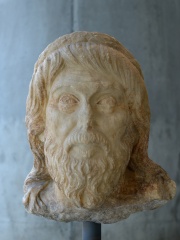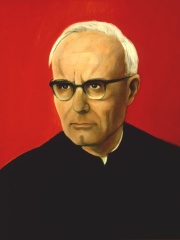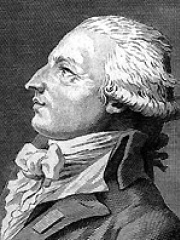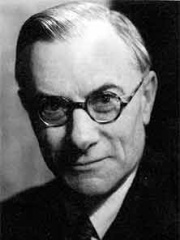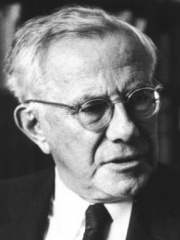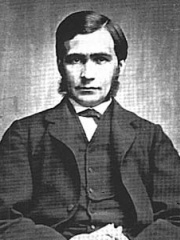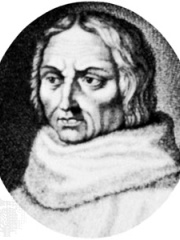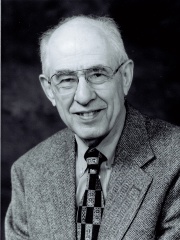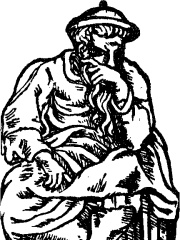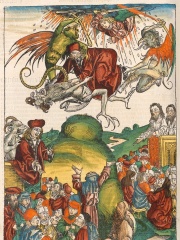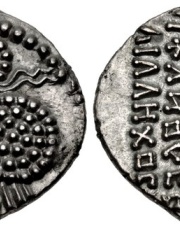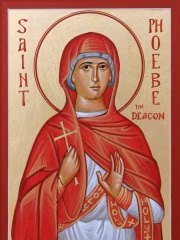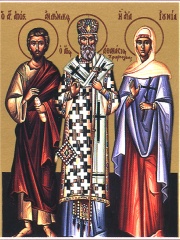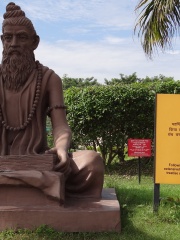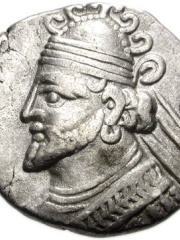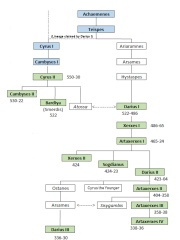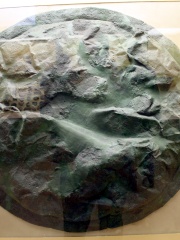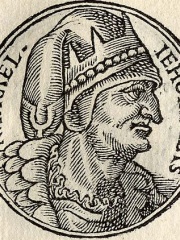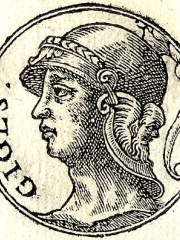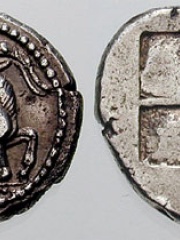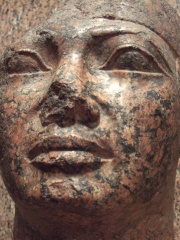Philosopher
Yajnavalkya
50 - 700 BC
EN.WIKIPEDIA PAGE VIEWS (PV)
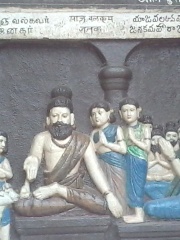
 Yajnavalkya
Yajnavalkya
His biography is available in 23 different languages on Wikipedia. Yajnavalkya is the 406th most popular philosopher (up from 818th in 2024).
Memorability Metrics
Page views of Yajnavalkya by language
Among Philosophers
Among philosophers, Yajnavalkya ranks 406 out of 1,267. Before him are Siger of Brabant, Plutarch of Athens, Karl Rahner, Antoine Destutt de Tracy, Luce Irigaray, and E. H. Carr. After him are Paul Tillich, Thomas Hill Green, Mulla Sadra, Marcus Cornelius Fronto, Jean Gerson, and Hilary Putnam.
Most Popular Philosophers in Wikipedia
Go to all RankingsSiger of Brabant
1240 - 1284
HPI: 68.25
Rank: 400
Plutarch of Athens
350 - 431
HPI: 68.19
Rank: 401
Karl Rahner
1904 - 1984
HPI: 68.19
Rank: 402
Antoine Destutt de Tracy
1754 - 1836
HPI: 68.14
Rank: 403
Luce Irigaray
1930 - Present
HPI: 68.14
Rank: 404
E. H. Carr
1892 - 1982
HPI: 68.14
Rank: 405
Yajnavalkya
50 - 700 BC
HPI: 68.10
Rank: 406
Paul Tillich
1886 - 1965
HPI: 68.08
Rank: 407
Thomas Hill Green
1836 - 1882
HPI: 68.05
Rank: 408
Mulla Sadra
1571 - 1636
HPI: 68.03
Rank: 409
Marcus Cornelius Fronto
100 - 160
HPI: 68.00
Rank: 410
Jean Gerson
1363 - 1429
HPI: 68.00
Rank: 411
Hilary Putnam
1926 - 2016
HPI: 67.99
Rank: 412
Contemporaries
Among people born in 50, Yajnavalkya ranks 14. Before him are Rabbi Akiva, Simon Magus, Osroes I, Gaius Calpurnius Piso, Phoebe, and Junia. After him are Pacorus II, Saint Petronilla, Cestius Gallus, Charaka, Vologases II of Parthia, and Tiberius Claudius Narcissus. Among people deceased in 700 BC, Yajnavalkya ranks 8. Before him are Isaiah, Nahum, Achaemenes, Tyrtaeus, Jehoahaz of Judah, and Gyges of Lydia. After him are Perdiccas I of Macedon, Cylon of Athens, Callinus, Ariaramnes, Shebitku, and Demaratus of Corinth.
Others Born in 50
Go to all RankingsRabbi Akiva
RELIGIOUS FIGURE
50 - 136
HPI: 73.50
Rank: 8
Simon Magus
RELIGIOUS FIGURE
50 - 65
HPI: 71.90
Rank: 9
Osroes I
POLITICIAN
50 - 129
HPI: 71.40
Rank: 10
Gaius Calpurnius Piso
POLITICIAN
50 - 65
HPI: 69.52
Rank: 11
Phoebe
RELIGIOUS FIGURE
50 - 100
HPI: 69.48
Rank: 12
Junia
RELIGIOUS FIGURE
50 - Present
HPI: 69.25
Rank: 13
Yajnavalkya
PHILOSOPHER
50 - 700 BC
HPI: 68.10
Rank: 14
Pacorus II
POLITICIAN
50 - 105
HPI: 67.40
Rank: 15
Saint Petronilla
RELIGIOUS FIGURE
50 - 100
HPI: 67.34
Rank: 16
Cestius Gallus
POLITICIAN
50 - 67
HPI: 66.66
Rank: 17
Charaka
PHYSICIAN
50 - Present
HPI: 64.84
Rank: 18
Vologases II of Parthia
POLITICIAN
50 - 80
HPI: 64.73
Rank: 19
Tiberius Claudius Narcissus
POLITICIAN
50 - 54
HPI: 64.16
Rank: 20
Others Deceased in 700 BC
Go to all RankingsIsaiah
RELIGIOUS FIGURE
800 BC - 700 BC
HPI: 83.38
Rank: 2
Nahum
POLITICIAN
600 BC - 700 BC
HPI: 72.86
Rank: 3
Achaemenes
POLITICIAN
800 BC - 700 BC
HPI: 72.65
Rank: 4
Tyrtaeus
WRITER
700 BC - 700 BC
HPI: 70.75
Rank: 5
Jehoahaz of Judah
POLITICIAN
630 BC - 700 BC
HPI: 70.43
Rank: 6
Gyges of Lydia
POLITICIAN
790 BC - 700 BC
HPI: 68.42
Rank: 7
Yajnavalkya
PHILOSOPHER
50 - 700 BC
HPI: 68.10
Rank: 8
Perdiccas I of Macedon
POLITICIAN
700 BC - 700 BC
HPI: 66.83
Rank: 9
Cylon of Athens
POLITICIAN
700 BC - 700 BC
HPI: 65.93
Rank: 10
Callinus
WRITER
680 BC - 700 BC
HPI: 65.65
Rank: 11
Ariaramnes
POLITICIAN
650 BC - 700 BC
HPI: 65.25
Rank: 12
Shebitku
POLITICIAN
800 BC - 700 BC
HPI: 65.25
Rank: 13
Demaratus of Corinth
POLITICIAN
700 BC - 700 BC
HPI: 63.56
Rank: 14

